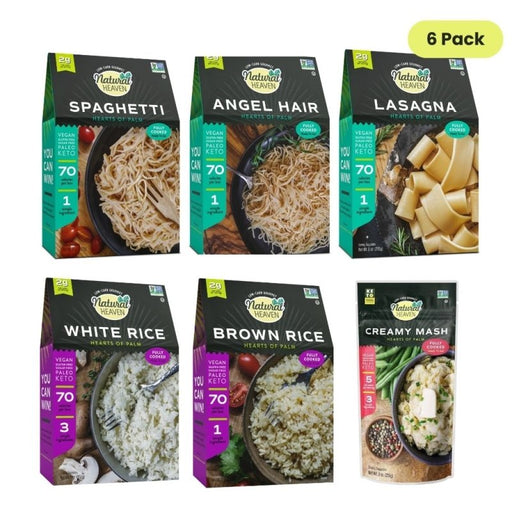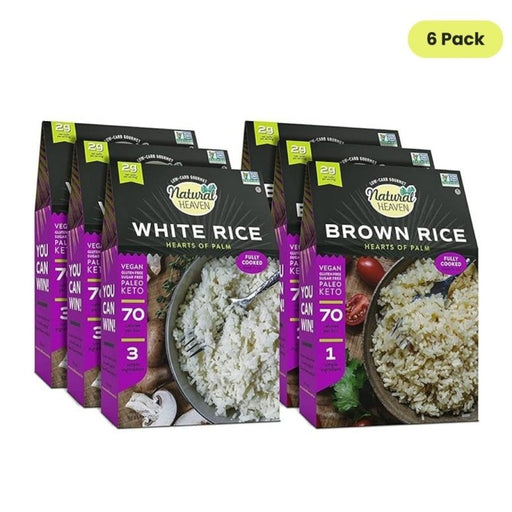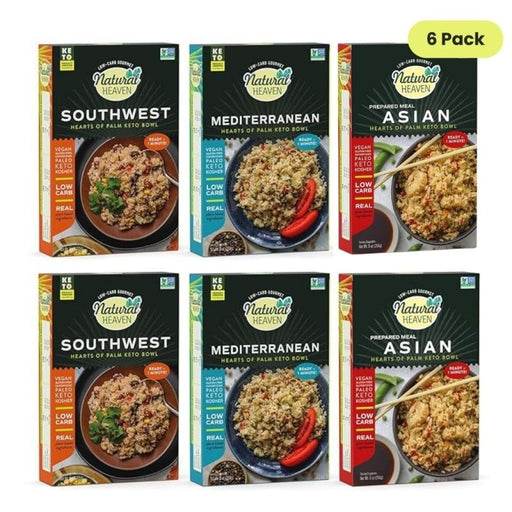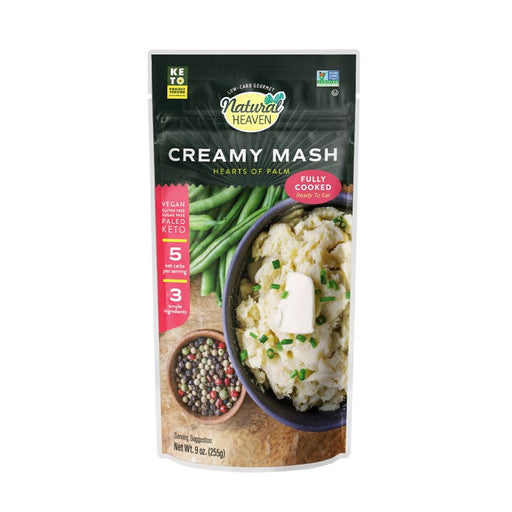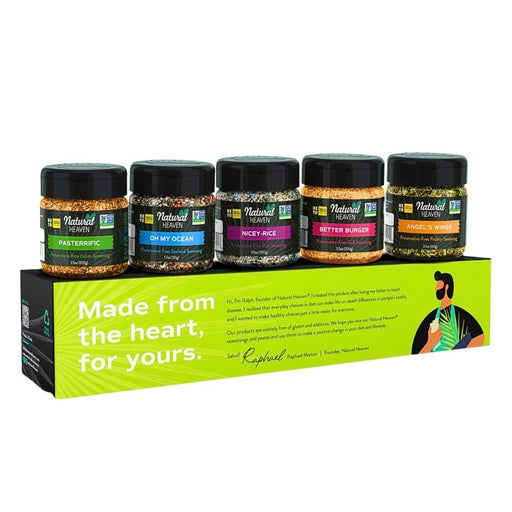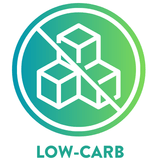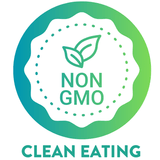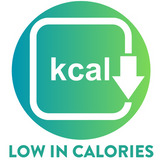Vegetarianism, veganism, and plant-based diets have been around for years, but they’ve been gaining more traction in recent years, with nearly 40% of Americans actively trying to follow a plant-based diet.
However, there is also a lot of conjecture regarding the benefits and drawbacks of these diets, owing to several myths surrounding them.
If you’re thinking of making the switch to a plant-based diet, you probably want to make sure that it is indeed as healthy as it claims to be. We’ve debunked some common myths surrounding plant-based diets and covered all the reasons a plant-based diet may be good or bad for you. Read on!
Popular Myths About Plant-Based Diets: How True Are They?
Here are some popular myths about plant-based diets. Let’s look at the truth behind them.
Myth: A Plant-Based Diet is Low in Protein
The body will not suffer from a protein deficiency if you have a balanced, healthy plant-based diet. This is because protein is found in all foods, including whole-grain pasta, fruits, vegetables, and oats.
To get enough protein from a plant-based diet, you simply have to load up on high-protein alternatives to meat such as nuts, seeds, beans, tofu, peanut butter, soy, spinach, asparagus, and legumes.
Myth: Plant-Based Diets Are Expensive
Plant-based diets may seem expensive, but as all diets go, it depends on what you’re choosing to eat.
If your plant-based diet consists of unprocessed plant protein such as lentils, beans, seeds, and nuts, it will likely be cheaper than your typical meat-based diet. On the other hand, Vegan cheeses, faux meats, and yogurts may go over your budget and make your diet more expensive, so it ultimately depends on what you’re consuming.
Overall, plant-based diets are generally easier on the pocket if you know what to buy and how to make your food effectively to make it last.
Myth: All Plant-Based Foods Are Healthy
A lot of people mistake plant-based as synonymous with healthy, but that’s not true.
Even on a plant-based diet, if you consume primarily processed foods containing chemicals, preservatives, artificial additives, and refined sugar or flour, you will not see any positive benefits for your health.
A healthy plant-based diet is one that consists of unprocessed whole foods, and not all plant-based ingredients fit into this description.
Myth: Plant-Based Diets Guarantee Weight Reduction
As much as we’d want this to be true, unfortunately, it isn’t. Often, many foods that you would assume to be healthy are not actually nutritious.
Many plant-based foods are also not as filling as you’d expect them to be. This means that you may be consuming more calories than usual even if you’re not having any meat.
However, one way to ensure that you’re not consuming too many calories on a plant-based diet is to consume more fiber. Fiber-rich foods tend to be healthier and low in calories and ensure satiety.
Myth: Plant-Based Diets Are Restrictive
The term “plant-based diet” is often misinterpreted and misapplied. A plant-based diet aims to make your meal more vegetable-centric and to help you consume more natural, plant-based foods in a sustainable manner.
If your plant-based diet makes you feel restricted or stressed, it will not be sustainable and you will eventually get tired of it.
To make your plant-based diet healthy and easier to follow, make sure your diet is primarily plant-based but also includes other ingredients or dishes that you enjoy, including meat!
Conclusion: Should You Shift to a Plant-Based Diet
Switching to a plant-based diet can be incredibly healthy, but you need to apply this diet in an informed way. This includes being aware of what nutrition your body requires and how you can provide it with the right plant-based foods. If you aren’t able to meet your body’s requirements, the diet won’t benefit you.
Make sure your diet is varied and includes some of your favorite foods in moderation, including plant-based alternatives. When applied in an informed and sustainable way, a plant-based diet can offer various health benefits to adults and children alike.






